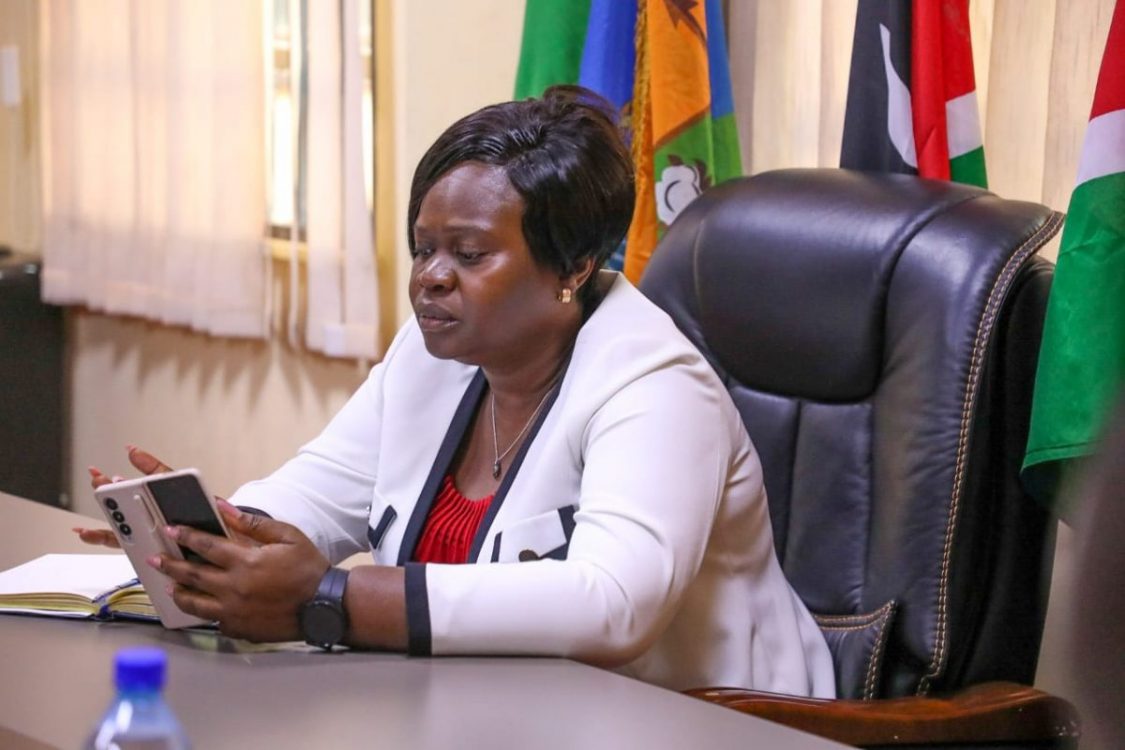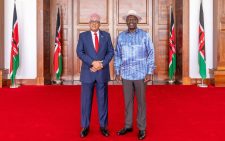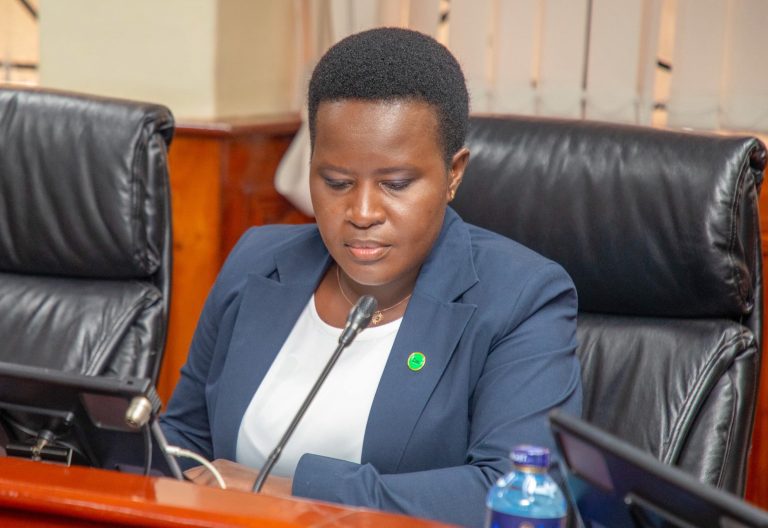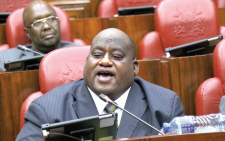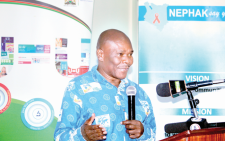Anti-mwananchi prosperity team rocking BBI
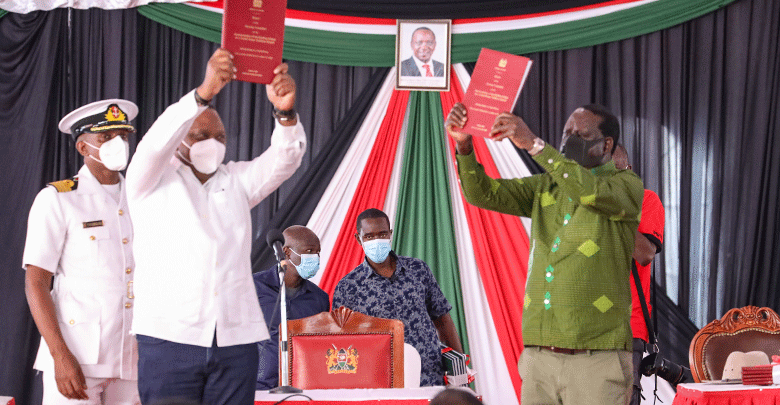
Looking at the history of this country, especially the political and media history, there is no doubt that policy has tended to address the issues of the privileged.
Critics have often opined that the media has been used to preserve the privileged status of the few elite in the society.
It is the reason why we always seek answers and more often than not, the wrong answers that are pigeon-holed along the interest of the few socioeconomic and political elites.
It is no wonder that the clique of billionaires in our country is so small, structured and has some tendency of imperialistic persistence.
If this has never been clear, then it won’t be clearer than what the current debacle on the Building Bridges Initiative (BBI) amendment bill presents.
The law is very clear on the popular initiative process, or maybe it is until a few privileged people with vested interest hire mouthpieces to muddy the water.
We are talking about one bill which was handed over to the Independent Electoral and Boundaries Commission (IEBC) chairperson publicly and it is naïve to even imagine that the promoters could have submitted different bills.
But we live in the era of social media and that gatekeeping role of the media is no longer a preserve of a few rigorous editors in our legacy media newsrooms.
There is an emergent group of Kenyans called KOTs who spew their opinions as news to an unsuspecting public.
No problem with these folks because that is the reality of the world that we live in today.
Therefore, both the legacy media and the public must navigate this emergent space where anyone with an opinion can possibly sway public opinion by spewing narratives that are of little substance.
We must wake up to the reality of the very fact that the proposed BBI amendment bill might portend different things to different people, but it is fundamentally the only pro the common mwanaichi document ever written in Kenya.
Evidently there is a growing perception that people who are anti more resources going to the common mwananchi and an egalitarian economic system that will ensure Kenyans share economic prosperity are out to give us answers to questions that they have framed to benefit their selfish interest.
I don’t blame these forces that are out to confuse all and sundry. As a society, our public sphere cannot be dominated by purveyors of alternative facts and misinformation which gets a lot more complicated when these conversations move from the social media to the mainstream media.
Granted, we live in a world where what gains currency, as news, originates from a network of sources: from the industry of our journalists and their noose for what is happening that is of interest to the public to folks on social media who lack the journalistic rigour and infrastructure to corroborate facts.
Look at it this way, we are talking about typos in the BBI amendment Bill today, yet this was news months ago and the issue was detected and addressed.
Today, we are told of versions of the BBI, but conspicuously missing is substantive in-depth analysis, to unpack these differences to tell Kenyans what is in the proponent’s draft which is the one and only draft we know.
Which articles and what do they mean in the grand scale of the amendments?
Are they typos, grammatical mistakes or fundamental changes sneaked in by someone and who could this someone be and at what point did this happen? These are questions whose answers we need from the purveyors of public information.
But having said this, it is instructive to note that there was only one BBI Amendment Bill and that is what was discussed at the county assemblies.
Therefore, whether in support or not we must be guided by the due process as enshrined in the constitution.
But most importantly, we must stop looking for answers whose questions we did not formulate and start asking the right questions of our political leadership. — hesbonhansen@gmail.com


